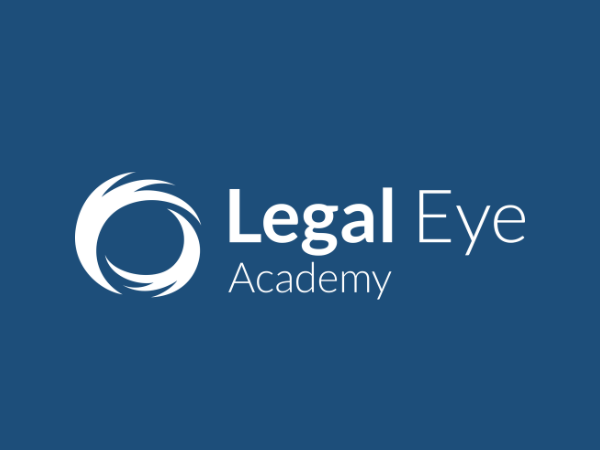The Bank of Mum and Dad has become a substantial source of financial support for homebuyers with approximately £17 Bn informally gifted or loaned annually, a large proportion of which is by parents to their adult children. The risk associated with such transactions requires estate agents and property lawyers to implement more rigorous anti-money laundering (AML) verification and Source of Funds (SoF) checks. At the most recent Law Society AML conference, it was a hot topic for all that the need for a comprehensive examination of the source of funds and in particular those given by ‘gift’ in nature extends the responsibilities for conveyancers to know who they are dealing with.
Nearly half of these gifted funds are directed towards property purchases or home improvements, with individual beneficiaries receiving an average of over £20,000 each. Given the substantial sums involved, professionals in the property industry cannot afford to assume that the Bank of Mum and Dad transactions are low-risk, merely because the funds are held in UK bank accounts. To safeguard against money laundering and ensure the legitimacy of these funds, it is essential to move beyond basic proof of funds documentation and dig deeper into their origins.
Property industry professionals should not solely rely on self-declarations from their clients or the donors of these funds. Instead, those providing the financial support must be subjected to the same rigorous checks and verifications typically applied to property buyers.
Crucially, understanding the origin of these funds is paramount to establishing their legitimacy. The primary enquiry should revolve around how the parents acquired the resources they are gifting. Whether the funds stem from savings, inheritance, asset sales, gambling winnings, or cryptocurrency gains, each necessitates supporting evidence and verification.
For funds originating from savings, professionals must scrutinise the savings account statement in conjunction with an understanding of the activities that generated these funds. If the funds derive from an asset sale or inheritance, documentary evidence such as solicitors’ letters should be sought. Understanding the client’s narrative and having the evidence to substantiate the story is imperative.
In cases where funds originate from foreign jurisdictions, property professionals have a greater responsibility to conduct extensive source of funds checks. Estate Agents, Solicitors and Conveyancers must ascertain that there is a valid reason for the funds to have come from overseas. If necessary, they should evaluate the risk profile of the jurisdiction and use tools like KnowYourCountry.com, check with the Law Society and the Transparency International Corruption Perceptions Index to gauge potential risks.
While it can be challenging for property professionals to determine where the line is to conclude whether they have conducted sufficient due diligence, uncertainty typically suggests that they have not. Contrary to the perception that some sources of funds, such as gifts from family members, are low-risk, it is essential to recognise that this is not always the case. Being equipped with not only the right questions to ask, the right way to ask them and the knowledge to reassure your clients (and their giftors at times) is necessary to assuage the risk.
Legal Eye have released key training around Source of Funds, including gathering the right evidence, understanding the risk and how to record your evidence.
To remain compliant with legal regulations and protect against money laundering activities, agents and lawyers must conduct thorough due diligence to gain confidence in the origin of a client’s or their donor’s funds.
Property professionals must undertake an exhaustive analysis of the donor’s personal and professional background, review financial statements and tax returns, and examine public records and reputation. Although clients may not always welcome these procedures, they are crucial safeguards against fraud and money laundering that should never be overlooked.
 (0)20 3051 2049
(0)20 3051 2049




